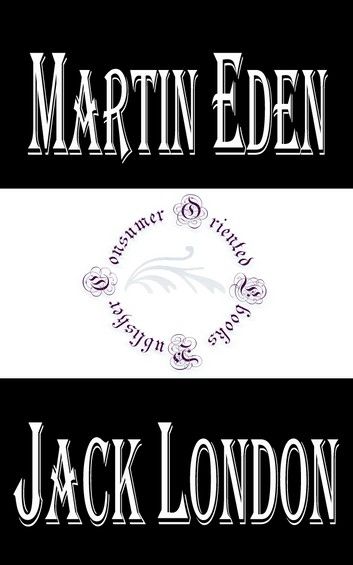In reward for an act of good samaritanism, Martin Eden, an uneducated working-class sailor, is invited to dinner at the home of the bourgeois Morse family. Upon first sight of lovely young Ruth Morse, he immediately falls in love with her. Over the course of the evening, Martin becomes enamored with the family's luxurious home, refined lifestyle, and cultured education, and aspires to raise himself to their level. With the intention of transforming himself into a man worthy of marrying Ruth, he sets upon a rigorous course of self-education. Soon he develops a passion for writing, and resolves to make his fortune as a man of letters.
London has lost nothing in power. He has gained in sweetness. There is something brutally strong in Martin Eden. Then there is a gentler background. Someone says Martin is London's self. Maybe in part. Maybe wholly. Martin Eden is concretely explicit and yet potently symbolistic. Here was a man who undertook to civilize himself and only half succeeded. And here also a woman who undertook to uncivilize herself, only half succeeded. How the spirit grew in Martin, and how the flesh grew in Ruth, will bear looked at frankly from both sides.





![塔木德:猶太人的致富聖經[修訂版]:1000多年來帶領猶太人快速累積財富的神祕經典 塔木德:猶太人的致富聖經[修訂版]:1000多年來帶領猶太人快速累積財富的神祕經典](https://media.taaze.tw/showLargeImage.html?sc=11100697818)





